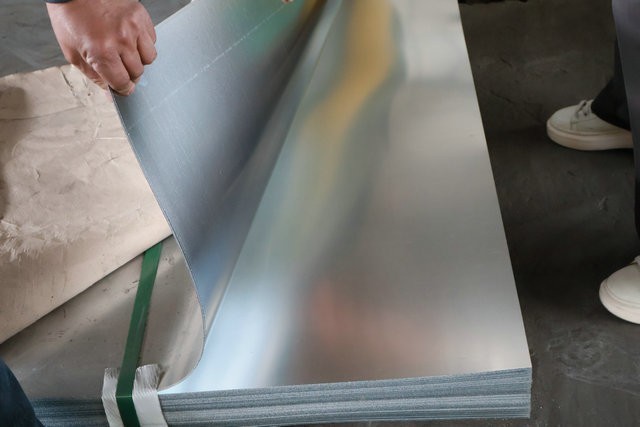 Language
▼
Language
▼
More Language
The anti-corrosion performance of steel sheet galvanized is very excellent, mainly due to the galvanized layer on its surface. The anti-corrosion performance of steel sheet galvanized is influenced by various factors, and the following is a detailed analysis of these factors:
The thickness of the coating is a key factor affecting the anti-corrosion performance. The thicker the coating, the stronger the protective ability of the zinc layer, and the better the anti-corrosion performance of the steel plate. In practical applications, the coating thickness of hot-dip steel sheet galvanized usually has certain standards. For example, for thin steel plates with smooth surfaces, the thickness of the galvanized layer in industrial production should reach a certain standard value to effectively resist corrosion. According to the corrosiveness of the usage environment, the thickness of the galvanized layer will also vary. Heavy galvanizing and extra heavy galvanizing are suitable for environments with stronger corrosiveness.
The quality of the coating also has a significant impact on the anti-corrosion performance of steel sheet galvanizeds. A high-quality coating should be uniform, dense, and defect free to ensure that the zinc layer can effectively protect the steel plate. Defects that may occur during the galvanizing process, such as insufficient purity of the galvanized layer, high impurity content in the galvanized layer, and missed plating, can all affect the anti-corrosion performance of the coating.

The quality and composition of the steel substrate can also affect the anti-corrosion performance of steel sheet galvanizeds. High quality steel substrates have better corrosion resistance and mechanical strength, and can better withstand external environmental erosion. In addition, the content and distribution of active elements silicon and phosphorus in steel can also affect the growth mode and coating quality of galvanized layers.
The usage environment also has a significant impact on the anti-corrosion performance of steel sheet galvanized. Moisture, oxygen, salt spray, acid and alkali in the environment can all cause corrosion to steel. For example, salt spray in marine environments has a strong corrosive effect on steel, while acidic and alkaline gases in industrial production can also cause corrosion to steel. Therefore, when using steel sheet galvanized, corresponding protective measures should be taken according to the specific usage environment, such as coating protection, electrochemical protection, etc.
China galvanized plate manufacturer: Boxing Shuangshengda Steel specializes in galvanized sheet, galvanized steel plate,Colour steel plate etc.We have a full range of product specifications and types, low prices, and more than 20 years of experience, worthy of your trust